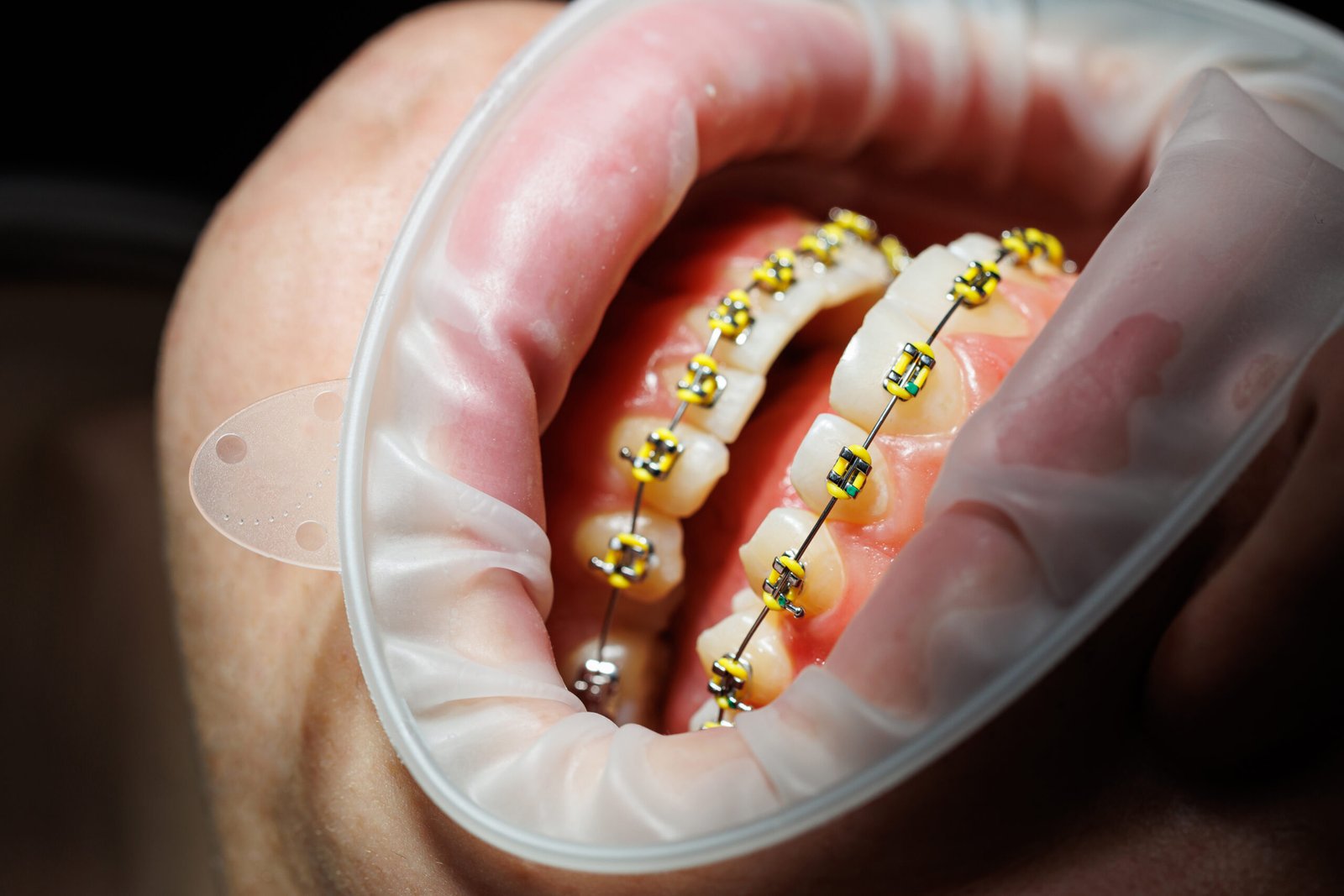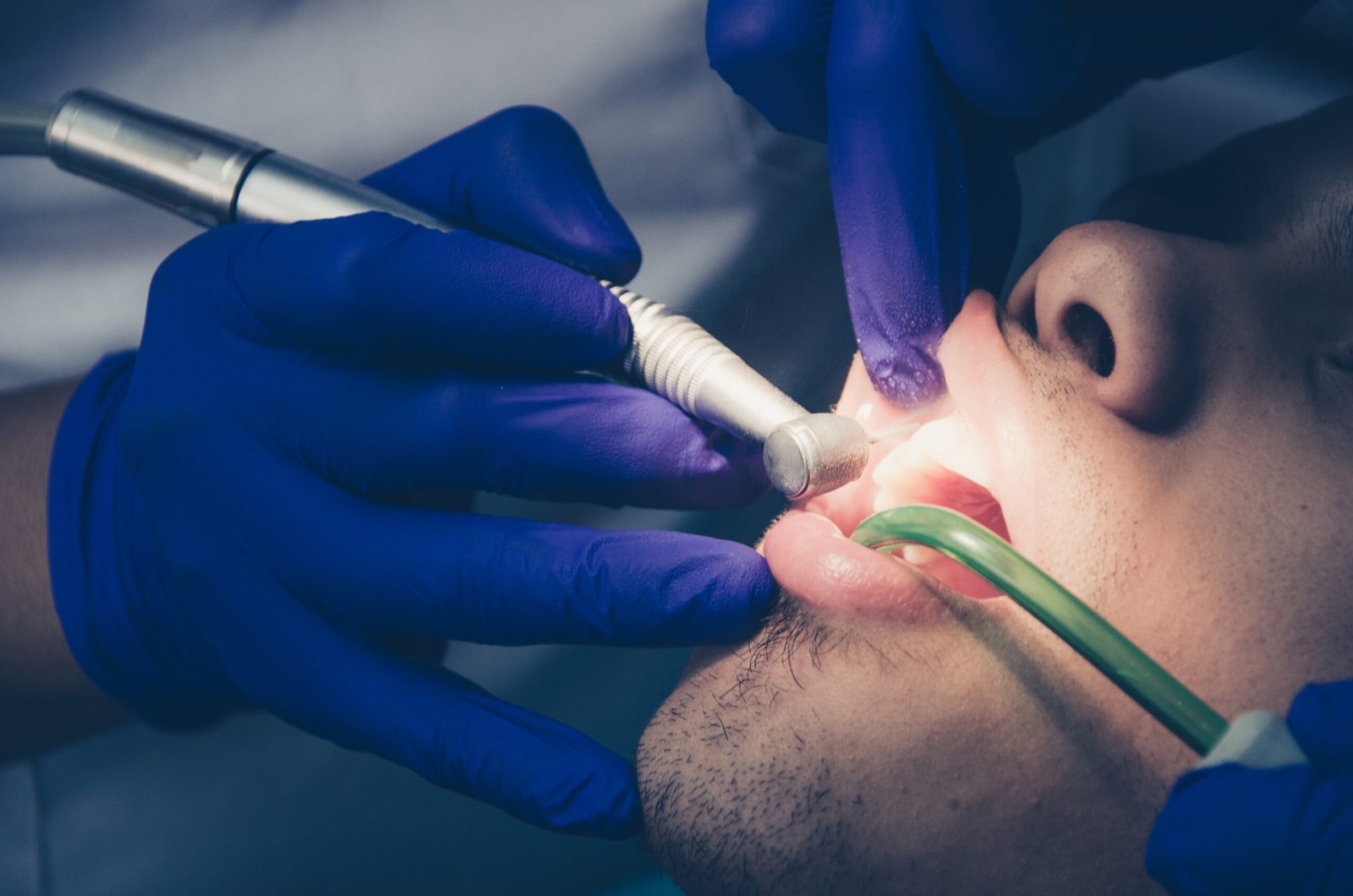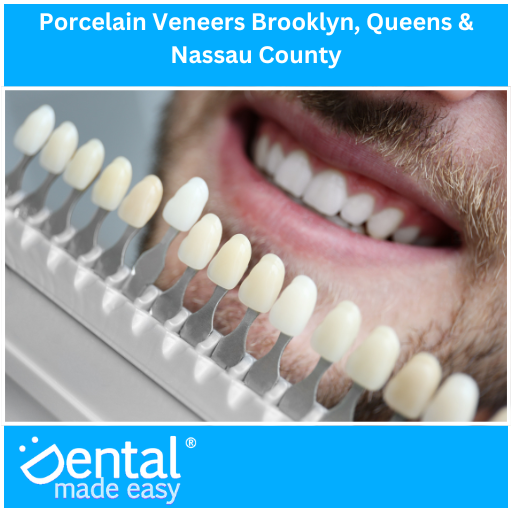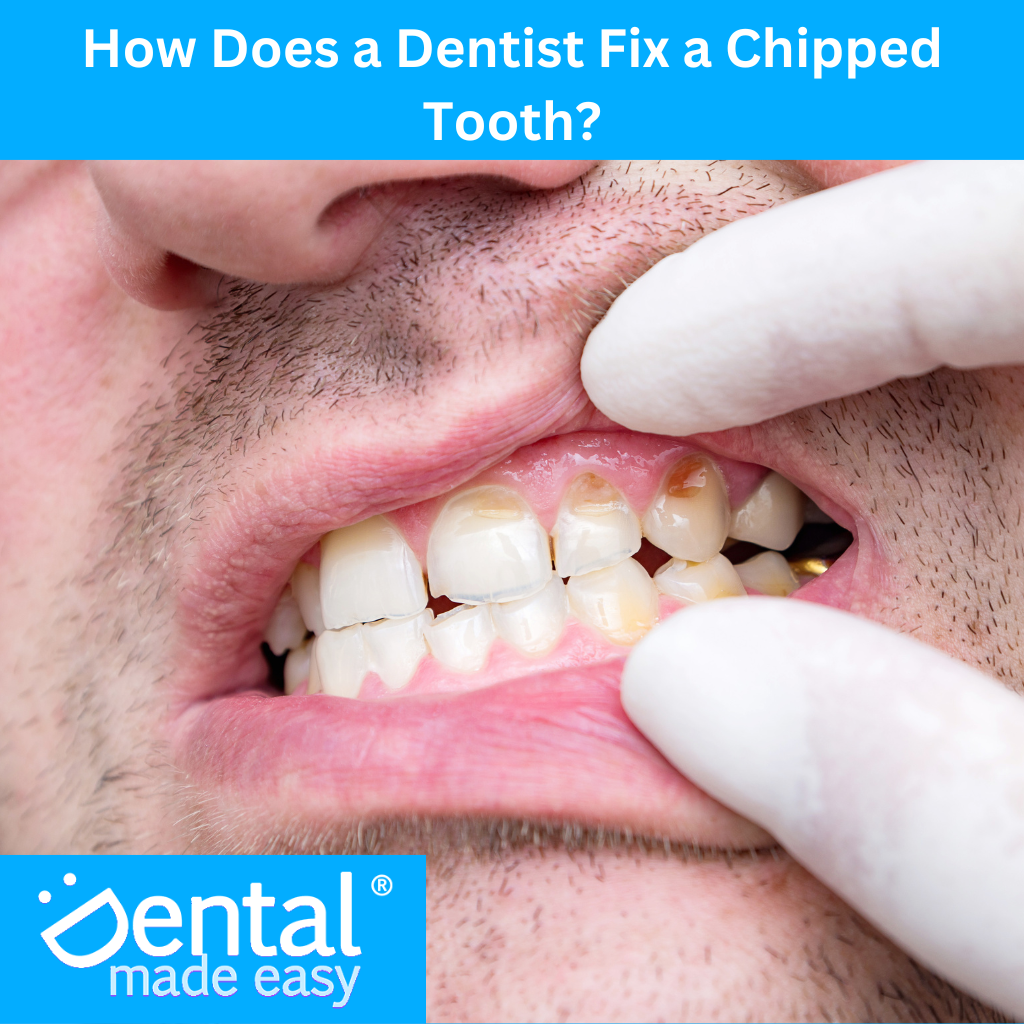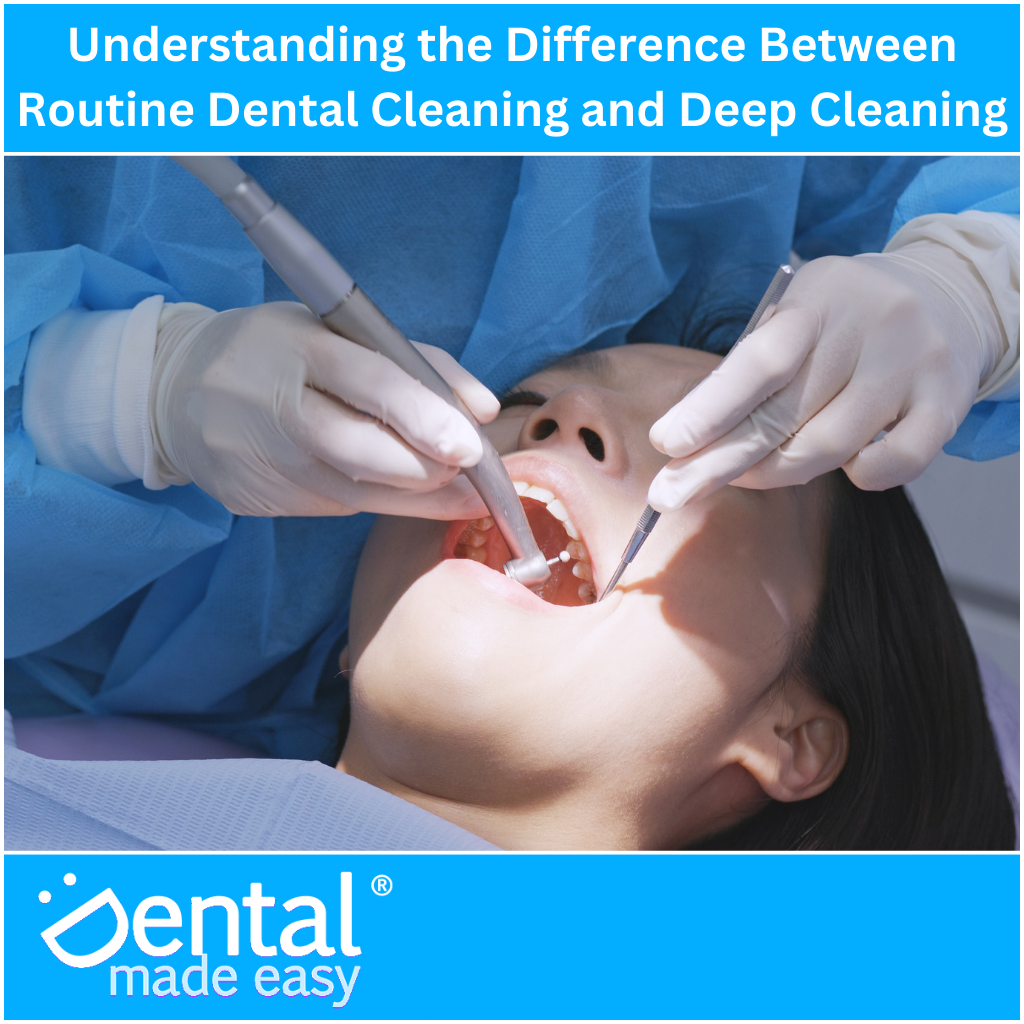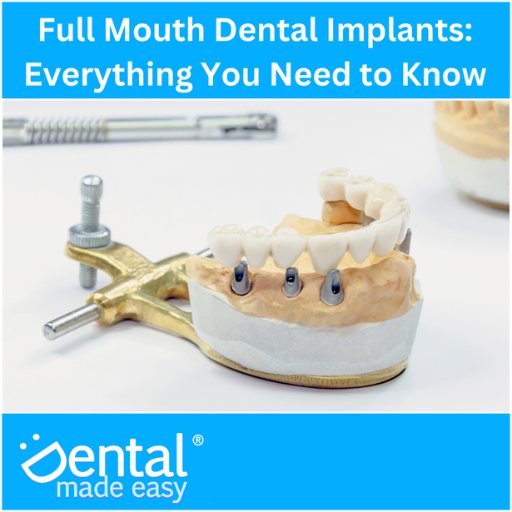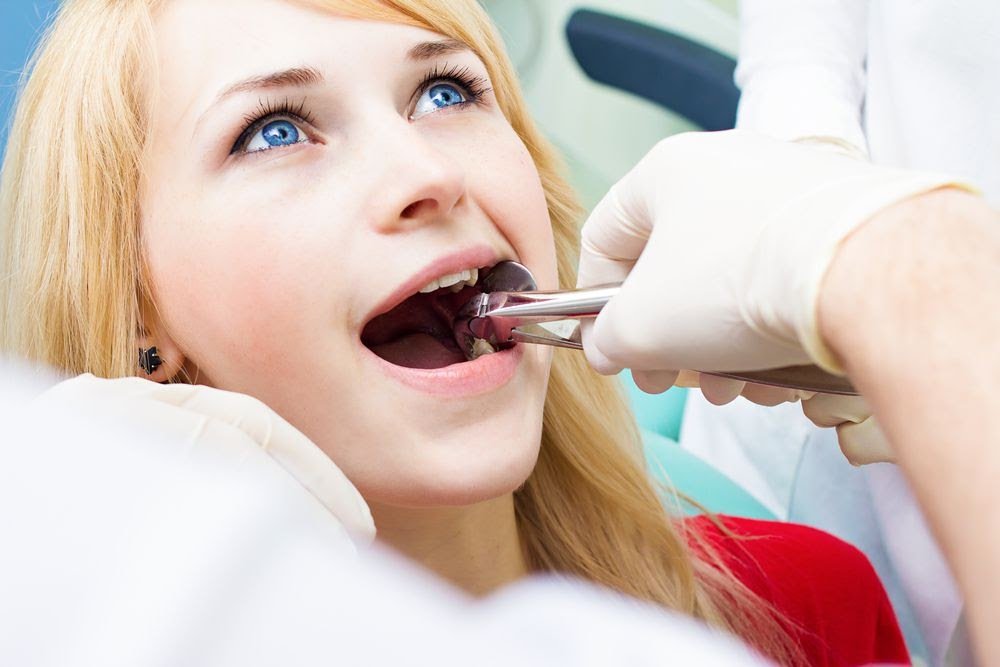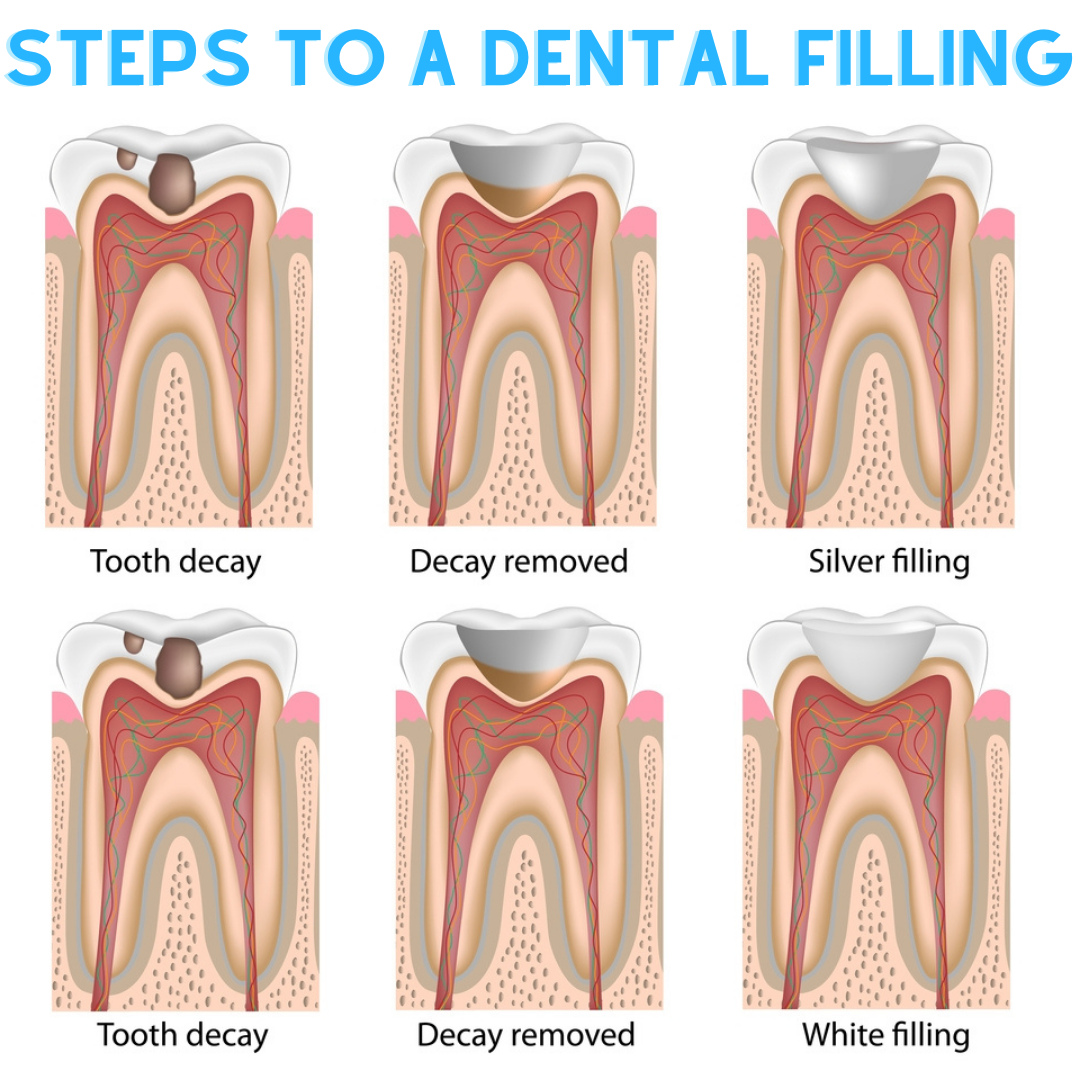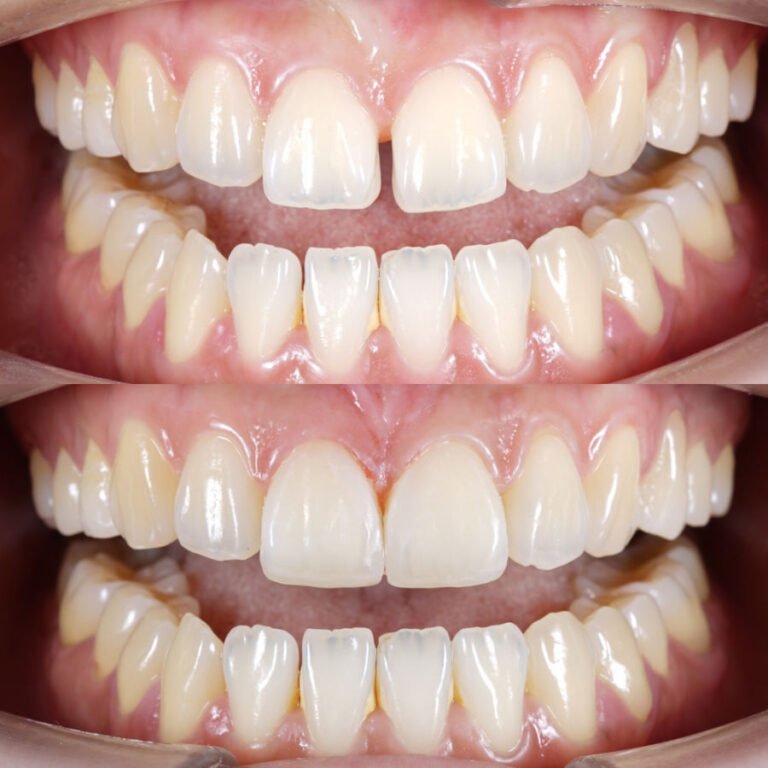Home » Blog
HAVE A DENTAL EMERGENCY?
- Call our office immediately!
- Walk right in
- Make an appointment
If you have any questions, please let us know, by sending an email to dentalmadeeasystaff@gmail.com or Visit our FAQ’s. Thank you!
Mon 10:00AM – 7:00PM
Tues 10:00AM – 9:00PM
Wed 9:30AM – 6:00PM
Thurs 9:30AM – 7:00PM
Fri 9:30AM – 4:00PM
Sat – Closed
Sun 9:30AM – 5:00PM

